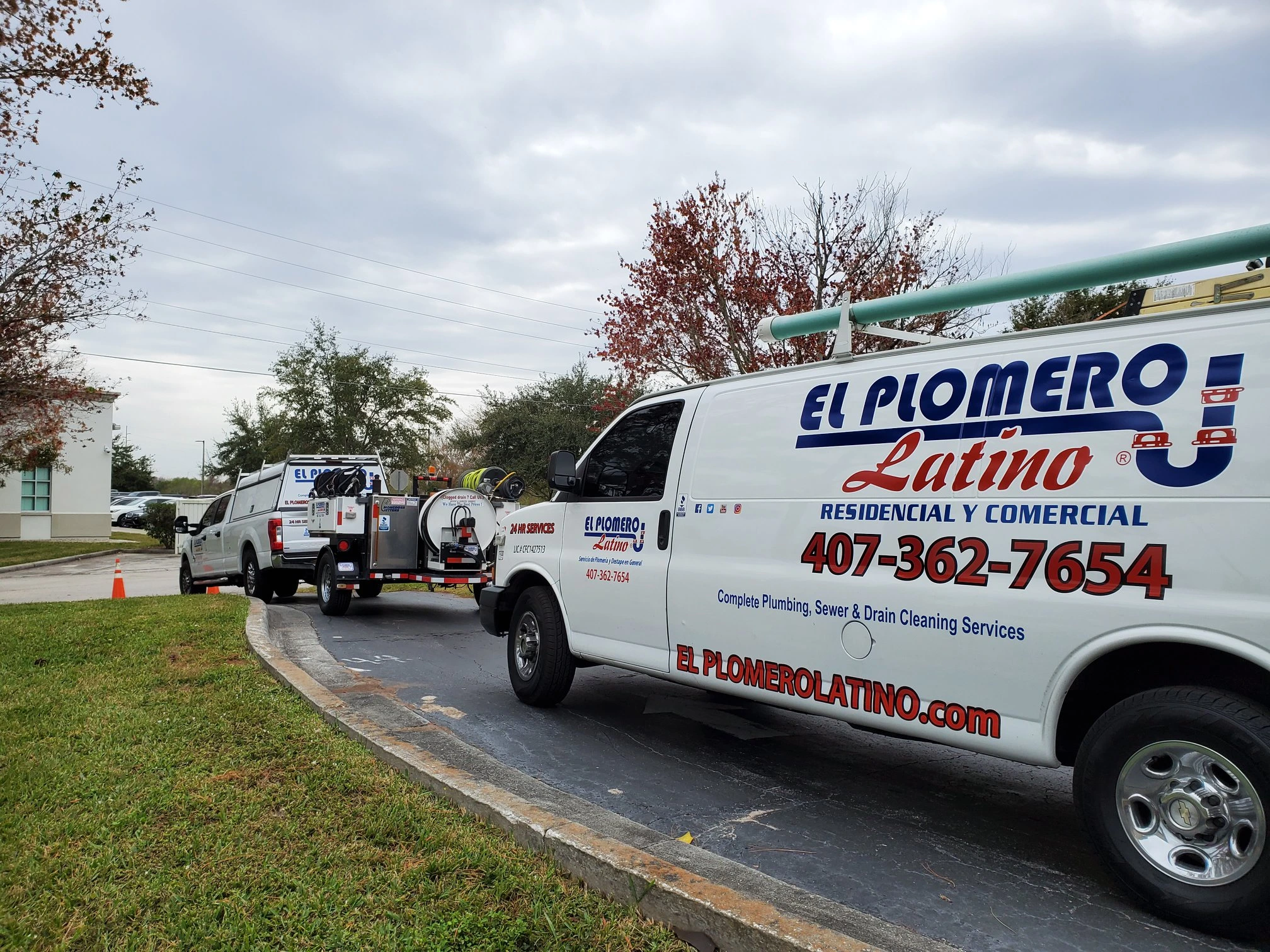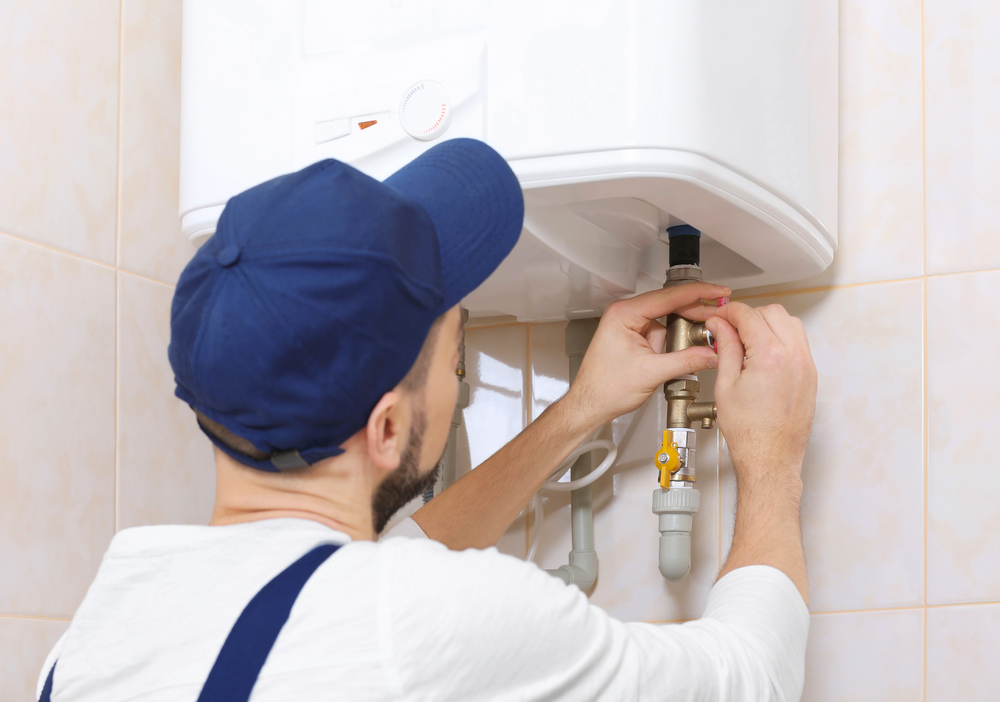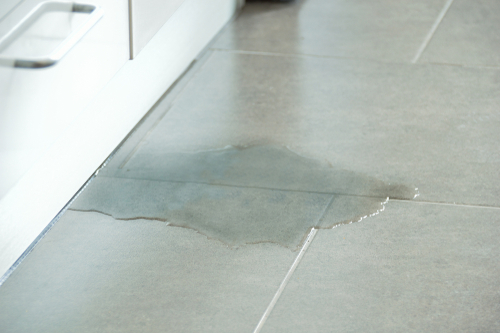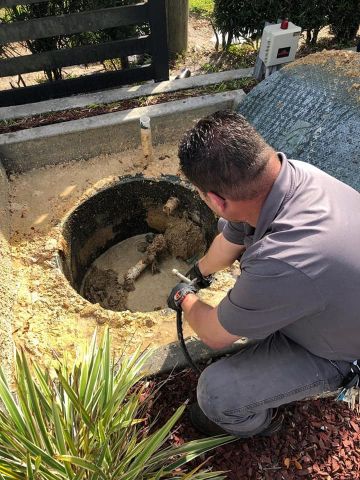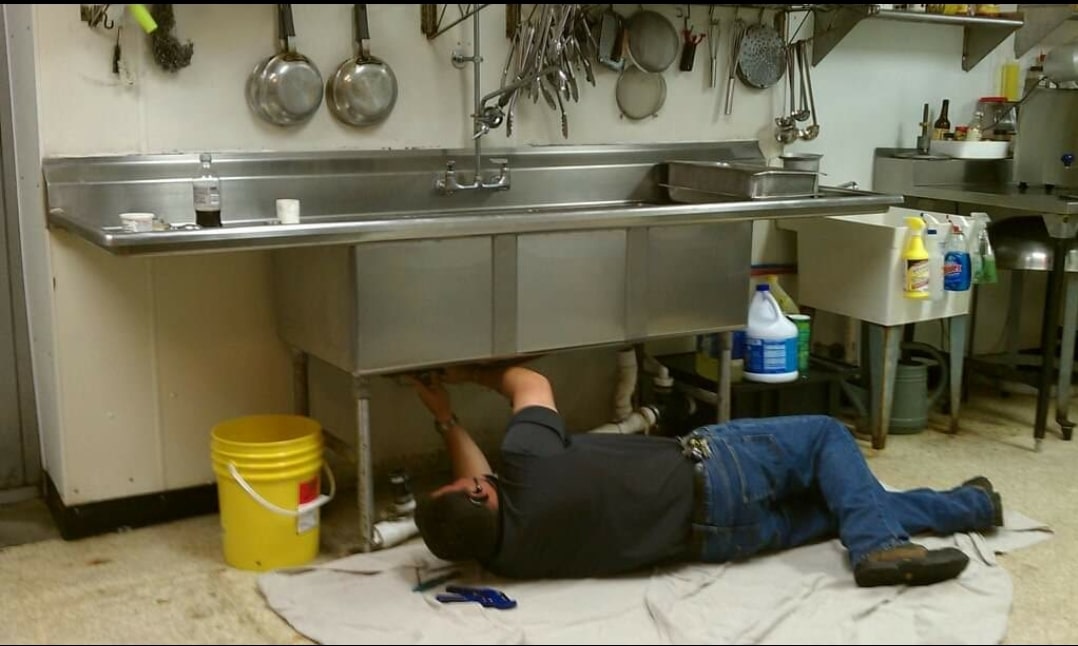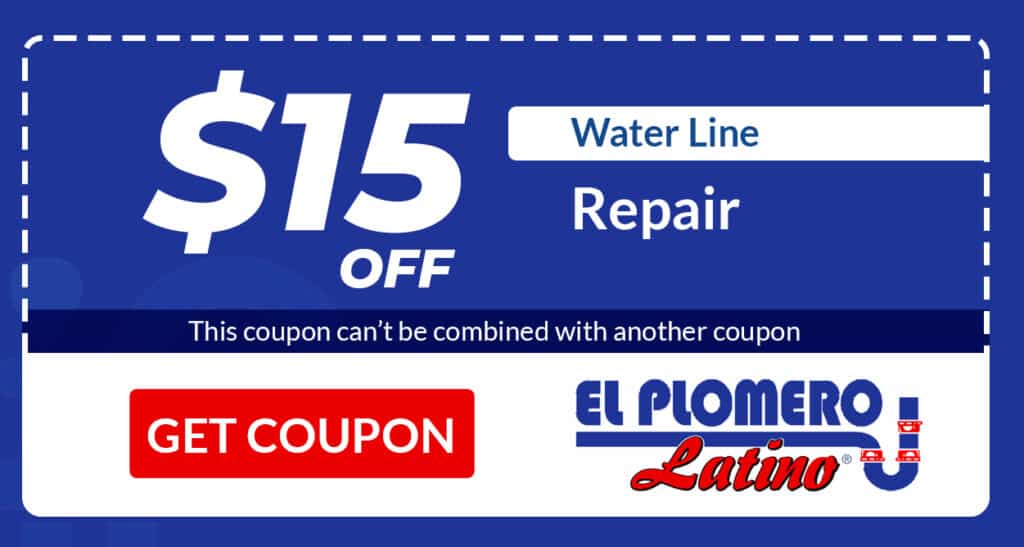Are you experiencing plumbing issues at home and can’t seem to find a quick fix? Before you reach for your phone to call a plumber, there are a few things you can do to potentially save yourself time and money. Knowing what to do before you call a plumber can help you identify the problem and possibly resolve it on your own. From checking for leaks to examining the water pressure, taking a few simple steps can make all the difference. In this article, we’ll provide you with some tips and tricks to help you troubleshoot your plumbing problems and decide when it’s time to call in a professional. So, before you pick up the phone, take a few minutes to read on and learn what you can do to prepare for your next plumbing emergency.
Assess the problem
The first step before calling a plumber is to assess the problem. What exactly is the issue? Is it a leaky faucet, clogged drain, or a burst pipe? Understanding the problem will help you determine whether you can solve it on your own or if you need to call in a professional.
If it’s a simple issue like a clogged drain, there are several things you can do before calling a plumber. You can try using a plunger or a drain snake to remove the blockage. If the clog persists, you may need to call in a professional. However, if you’re dealing with a more complex issue like a burst pipe, it’s best to call in a plumber right away.
Check for simple solutions
Before calling a plumber, it’s always a good idea to check for simple solutions first. Sometimes, the problem may be as simple as a loose connection or a faulty valve. Checking for these simple solutions can save you time and money.
For example, if you’re dealing with low water pressure, you may want to check your water valve to see if it’s fully open. If the valve is partially closed, it can cause low water pressure. Also, check your faucets and showerheads for any buildup of minerals or debris. A simple cleaning can often solve low water pressure issues.
Gather information
When you do call a plumber, it’s important to provide them with as much information as possible. This will help them diagnose the problem and determine the best course of action. Before calling a plumber, gather information about the issue. Take note of when the problem started, how long it’s been going on, and any other relevant information.
It’s also important to know where your shut-off valves are located. In case of an emergency, knowing where to shut off the water can prevent further damage to your home.
Research local plumbers
When it comes to hiring a plumber, it’s important to do your research. Look for local plumbers in your area and compare prices and services. Check their websites and social media pages to get a sense of their experience and expertise.
You may also want to check their licensing and certifications. Licensed plumbers have the necessary training and qualifications to handle plumbing issues safely and efficiently. Reading customer reviews can also give you an idea of their reputation and customer service.
Compare prices and services
When comparing plumbers, don’t just look at the price. Remember that the cheapest option may not always be the best. Look for plumbers who offer a fair price and quality service. Compare their services and warranties to ensure you’re getting the best value for your money.
Check for licenses and certifications
Before hiring a plumber, make sure they have the necessary licenses and certifications. Licensed plumbers have the training and experience to handle plumbing issues safely and efficiently. They also have liability insurance, which can protect you in case of any accidents or damages.
Read customer reviews
Reading customer reviews can give you an idea of a plumber’s reputation and customer service. Look for reviews on their website, social media pages, and other review websites. Pay attention to how they respond to negative reviews and how they handle customer complaints.
Schedule an appointment
Once you’ve found a plumber you’re comfortable with, schedule an appointment. Be sure to provide them with all the information you gathered about the issue. They may ask you additional questions to diagnose the problem and determine the best course of action.
Prepare for the plumber’s visit
Before the plumber arrives, make sure the area is clear and accessible. Remove any obstacles and make sure the plumber has easy access to the problem area. If you have pets, make sure they’re secured so they don’t interfere with the plumber’s work.
Also, be prepared to ask the plumber questions. Don’t be afraid to ask about their experience, the length of the job, and the estimated cost. This will help you better understand the work that needs to be done and what to expect.
Conclusion
In conclusion, knowing what to do before you call a plumber can save you time and money. Assess the problem, check for simple solutions, and gather information before calling a plumber. Research local plumbers, compare prices and services, and check for licenses and certifications. Read customer reviews and schedule an appointment with a qualified plumber. Finally, prepare for the plumber’s visit and be prepared to ask questions. By following these steps, you’ll be able to troubleshoot your plumbing problems and decide when it’s time to call in a professional.

